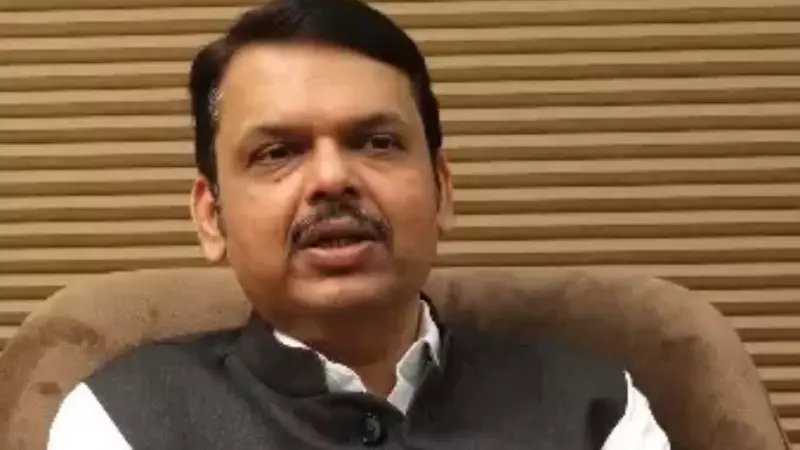
In a strongly worded statement, Maharashtra Deputy Chief Minister Devendra Fadnavis has addressed the tragic suicide case in Satara, emphasizing the need for sensitivity and condemning attempts to politicize the matter. The case has drawn significant attention across the state, prompting urgent government response.
Zero Tolerance for Political Exploitation
Fadnavis made it clear that exploiting such sensitive human tragedies for political gain is completely unacceptable. "Politicizing such a sensitive issue is insensitive," he stated firmly during his address to media representatives.
The Deputy CM's comments come amid growing concerns about the case being used as political ammunition by various factions. He stressed that such approaches not only disrespect the victims and their families but also undermine the seriousness of the situation.
Comprehensive Investigation Underway
Authorities have confirmed that a detailed probe into the Satara suicide case is currently in progress. Fadnavis assured the public that "strict action will be taken based on the investigation findings."
The investigation team is examining all aspects of the case, including:
- The circumstances leading to the tragic incident
- Potential contributing factors and responsibilities
- Any systemic failures that may have played a role
- Accountability measures required
Call for Responsible Public Discourse
Fadnavis appealed to all political parties and social organizations to maintain decorum and sensitivity when discussing the case. He emphasized that while public scrutiny is important, it must be balanced with respect for the victims and their grieving families.
"In matters of such profound human tragedy, our primary focus should be on justice and prevention, not political point-scoring," the Deputy CM remarked, highlighting the moral responsibility of public figures.
Assurance of Justice
The Maharashtra government has promised complete transparency in handling the case. Fadnavis reiterated that the administration is committed to ensuring that justice is served without any bias or external influence.
He concluded by stating that the government's approach would be guided by legal procedures and humanitarian considerations, rather than political pressures or media sensationalism.






